If you're an entrepreneur engrossed in your business endeavors, have you ever paused to consider who's tending to your well-being? Imagine a world where your entrepreneurial brilliance knows no bounds. Picture yourself surging ahead with unbridled energy and innovation, free from the shackles of hidden neurotoxins that quietly undermine your potential. Embark on a captivating exploration as we venture into the intricate realm of cognitive performance, revealing the insidious culprits that unwittingly sabotage your path to success. (Note: if you prefer podcasts over blogs, click here to tune in.)
In today’s blog, we'll navigate the labyrinth of integrative health, guiding you toward the radiant path that unleashes the full power of your mind. Prepare to revolutionize your cognitive destiny, igniting a fusion of science and soul that propels you toward unprecedented achievements. Let's delve into the essence of a neurotoxin and its impact on life and business.
A neurotoxin is a chemical substance that disrupts normal neural functions, potentially causing cellular damage and death. These toxins target neurons, glial cells, and neuromuscular junctions, impacting neurotransmitter processes and receptor interactions. This interference can lead to paralysis, cognitive impairments, sensory disturbances, and even life-threatening conditions. Neurotoxins can enter the body through ingestion, inhalation, or skin contact, with effects varying based on factors like dose, exposure duration, and individual susceptibility.
Many entrepreneurs face health barriers that hinder progress. Today, we'll explore common neurological obstacles that entrepreneurs may encounter, noting that these challenges extend beyond just this demographic. It's essential to acknowledge the diverse impact and prevalence of neurological conditions. So, before we delve into the list of 20 neurotoxins, let's consider five neurological barriers that entrepreneurs might confront:
Anxiety Disorders: Entrepreneurs often grapple with stress due to the uncertainties of business. Anxiety disorders like generalized anxiety disorder, social anxiety disorder, or panic disorder can be prevalent, given the pressures and demands.
Attention Deficit Hyperactivity Disorder (ADHD): ADHD affects focus, task organization, and time management. Entrepreneurs juggling numerous responsibilities might struggle with these symptoms.
Depression: Entrepreneurial stress, isolation, and demands contribute to higher depression rates. Struggles with work-life balance can lead to depressive symptoms.
Bipolar Disorder: Mood swings from bipolar disorder disrupt productivity and decision-making. Manic phases induce impulsive decisions, while depressive phases hinder motivation.
Autism Spectrum Disorders (ASD): Some entrepreneurs may be on the autism spectrum, providing strengths like intense focus. However, social communication challenges hinder networking and relationship-building – key aspects of entrepreneurship.
It's crucial to remember that each individual's experience varies, and many successful entrepreneurs overcome these challenges by seeking tailored wellness plans, building strong support networks, and addressing root causes to rebalance mind and body. If you or someone you know faces neurological barriers, seeking guidance from integrative health and mental health experts is recommended.
Navigating the Neurotoxin Maze
To empower entrepreneurs to overcome these barriers, it's vital to be aware of common neurotoxins that lurk in our environment. Here's a condensed rundown of 20 such neurotoxins that can affect cognitive performance and overall well-being:
Lead: Found in lead-based paints, contaminated water, soil, and consumer products. Associated health symptoms include cognitive deficits, developmental delays, and learning disabilities.
Mercury: Present in certain fish, dental amalgams, cosmetics, and industrial processes. Mercury exposure can lead to cognitive impairments, memory issues, and tremors.
Methylmercury: Commonly found in contaminated seafood, with health symptoms such as impaired motor skills and developmental delays.
Organophosphate Pesticides: Used in agriculture but not allowed in organic farming, these can cause symptoms like nausea, vomiting, headaches, and cognitive dysfunction.
Polychlorinated Bisphenols (PCBs): Formerly used in electrical equipment, these toxins can lead to impaired learning, memory, and development.
Glyphosate: An herbicide used in agriculture, possibly linked to cognitive and developmental issues.
Manganese: A mineral essential for the body, but high levels from well water, mining, and welding can result in cognitive and motor deficits.
Cadmium: A heavy metal found in cigarette smoke, contaminated foods, and industrial processes, leading to cognitive impairments and tremors.
Arsenic: Found in contaminated drinking water, certain foods, and industrial activities, with health symptoms including cognitive deficits and peripheral neuropathy.
Toluene: Found in paints, solvents, and fuels. This chemical should be avoided due to potential neurological issues.
Hexane: A component of gasoline and industrial solvents, linked to peripheral neuropathy and cognitive impairments.
Aluminum: Common in cookware, antacids, and some vaccines. Controversially linked to cognitive effects and Alzheimer's disease.
Fluoride: Added to water supplies and toothpaste, this controversial neurotoxin has potential links to brain development issues.
Bisphenol A (BPA): Found in plastics and food containers, it may impact brain development, behavior, and hormone regulation.
Phthalates: Present in plastics, personal care products, and some medications, these toxins can possibly lead to neurodevelopmental issues.
PFOA (Perfluorooctanoic Acid): Found in non-stick cookware and water-resistant coatings, potentially impacting brain development and liver function.
Polychlorinated Di-benzo-P Dioxins (PCDDs) and Polychlorinated Di-benzo-4-ans (PCDFs): Byproducts of combustion, exposure can lead to cognitive, developmental, and immune system issues.
Ethanol (Alcohol): Health symptoms include neurological impairments, cognitive deficits, addiction, and liver disease.
Tobacco Smoke: Smoking and secondhand smoke exposure can lead to impaired cognitive function and developmental issues, particularly in children.
Copper: Essential for the body but can become toxic in excess, leading to neurological symptoms, anxiety, ADHD, and more.
While this list may seem overwhelming, the key lies in awareness, avoidance, and proactive measures.
Testing is your ally in unraveling your body's toxic burden. Functional medicine labs offer insights into your mineral and metal levels, exposure to heavy metals and environmental toxins, and even specific toxins like glyphosate.
Armed with this knowledge, you can embark on a journey to detoxify your body and restore balance.
Continue maintenance with a personalized wellness plan created by an experienced Integrative Health Practitioner.
At Love Energy Wellness LLC, we're committed to guiding entrepreneurs like you through the process of uncovering neurotoxic barriers and breaking free from them. We offer functional medicine detox protocols and support, enabling you to achieve optimal cognitive function and overall wellness.
By avoiding exposure to neurotoxins, testing your toxic burden, and actively engaging in detoxification, you're taking tangible steps towards unlocking your entrepreneurial potential and creating a future where health fuels success. We invite you to join us on this transformative journey and embrace a life where your possibilities truly are limitless.
**This information is not intended to provide medical advice, nor is it a means to diagnose, treat or cure disease.







